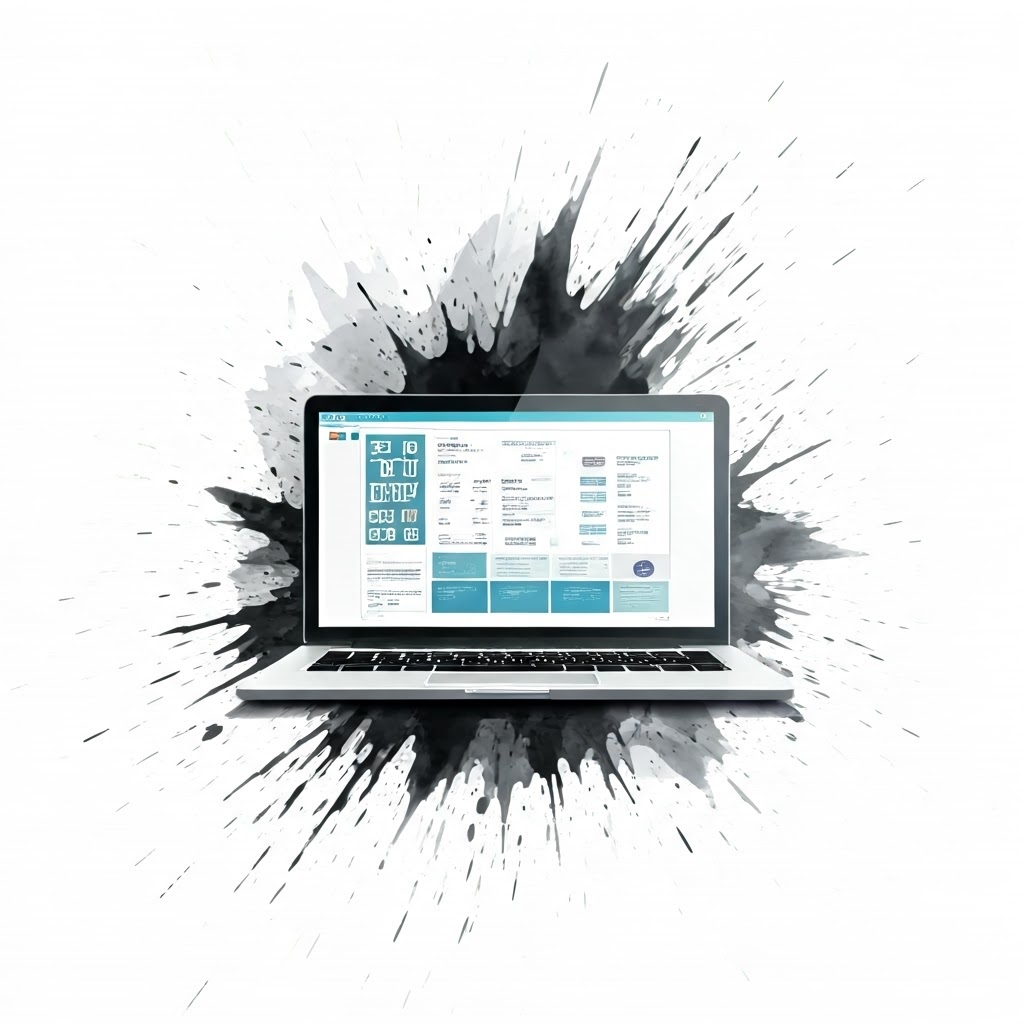Get ready for a major shake-up in how teachers are trained in Nigeria! UNICEF and Ahmadu Bello University (ABU) Zaria have launched a groundbreaking partnership to equip future educators with the digital skills they need. This isn’t just a minor tweak; it’s a full-blown revolution in teacher training.
Here’s a quick rundown of what’s happening:
- Major Partnership: UNICEF and ABU Zaria’s Department of Science Education are collaborating.
- Digital Focus: Training pre-service teachers on the Nigeria Learning Passport (NLP).
- Future-Ready Educators: Preparing teachers to use technology for better student learning.
- Nationwide Impact: Aiming to transform education across Nigeria.
Why This Matters
This collaboration is a game-changer for education in Nigeria. It’s all about getting teachers up to speed with the latest tech. Why? Because tech is no longer just an extra; it’s a core part of how we learn. This partnership aims to create a new wave of teachers who aren’t just good at teaching but are also tech-savvy and ready for the future.
The Nigeria Learning Passport (NLP) Explained
What exactly is the Nigeria Learning Passport? Think of it as a digital toolbox for education. It’s an online platform that works on mobile devices and offline, providing continuous access to quality learning materials. The NLP supports learning and skill development and can be used as a learning management system or to enhance traditional classroom experiences. It’s super flexible and adaptable. This means both students and teachers can easily get on board.
How the Partnership Will Work
Here’s how the partnership between UNICEF and ABU will boost education:
- Awareness: The partnership will promote the NLP platform.
- Teacher Training: It will enhance professional development for teachers.
- Digital Curriculum: It will integrate digital learning content into the curriculum.
Voices From the Field
Prof. Jonathan Mari, Head of Department, Science Education at ABU Zaria, is buzzing with excitement. He believes this partnership will help create top-notch teachers. “This has given us the assurance to get ready to work and you know, all of us are all conscious. We work as a team and we will not disappoint. Truly speaking, when teachers are not there, you can not have a nation,” he said. Dr. Idris Baba, Officer-in-Charge at UNICEF Kaduna Field Office, also highlighted that ABU was chosen due to its reputation for training excellent science educators. He noted the teachers will pilot NLP-integrated lessons during their teaching practice. Additionally, the curriculum will be reviewed to ensure it stays current with tech and teaching methods.
What to Expect
This collaboration is not a one-off thing; it is set to have a lasting impact. UNICEF and ABU plan to:
- Test a pilot course integrating NLP resources for a semester.
- Evaluate and improve the integrated course based on feedback.
- Periodically review the course to keep it aligned with the latest trends.
The aim is that the NLP platform will become a standard part of teacher training. This could influence other institutions to follow suit, making digital learning a cornerstone of education across the nation.
The Bigger Picture
This initiative is more than just modernizing a curriculum. It’s about creating a new generation of teachers that are comfortable with digital tools, ready to prepare the next generation. This partnership will modernize the curriculum, and give teachers the capacity to improve the quality of education in Nigeria. The partnership should foster continuous professional development, and help teachers to integrate the learning platform to create a modern, tech-integrated approach to teaching.
Looking Ahead
There’s even talk of expanding the collaboration to other departments within the faculty of education in the future. How will they measure success? By tracking improvements in digital literacy, teaching effectiveness, and student engagement over time.
Additional Information
Nigeria has a very large youth population, and there is increasing demand to provide adequate education, even in rural and underserved areas. Digital tools offer great opportunities to provide effective, scalable and high quality education, provided the teachers have the skills to apply them.



